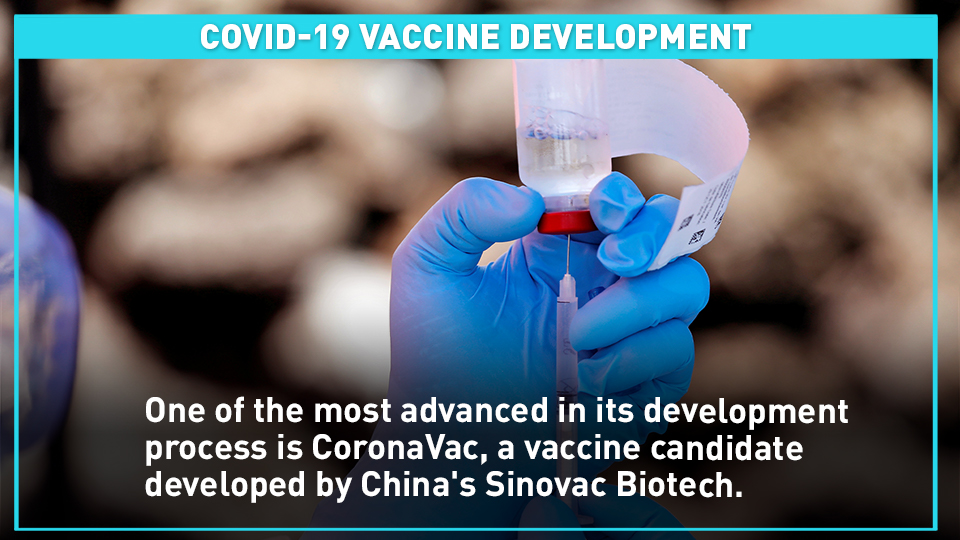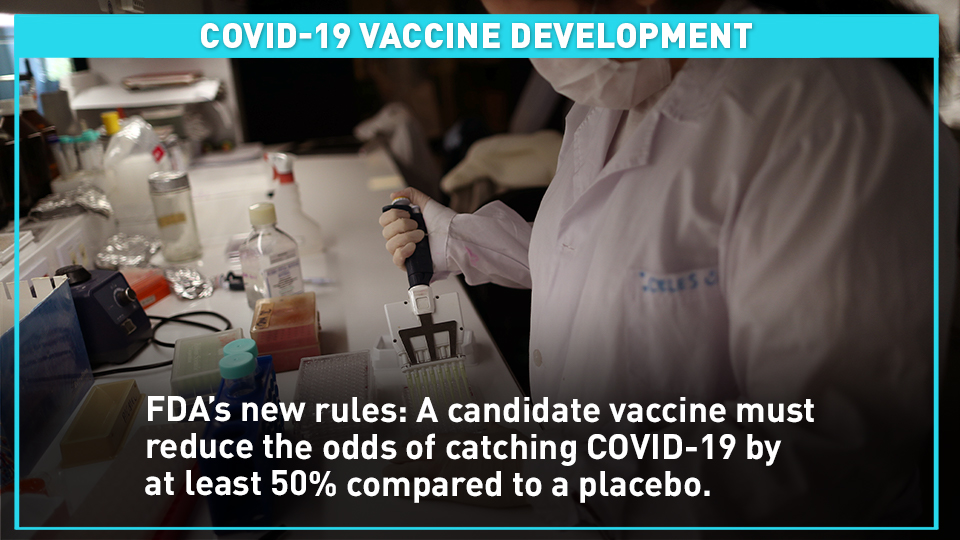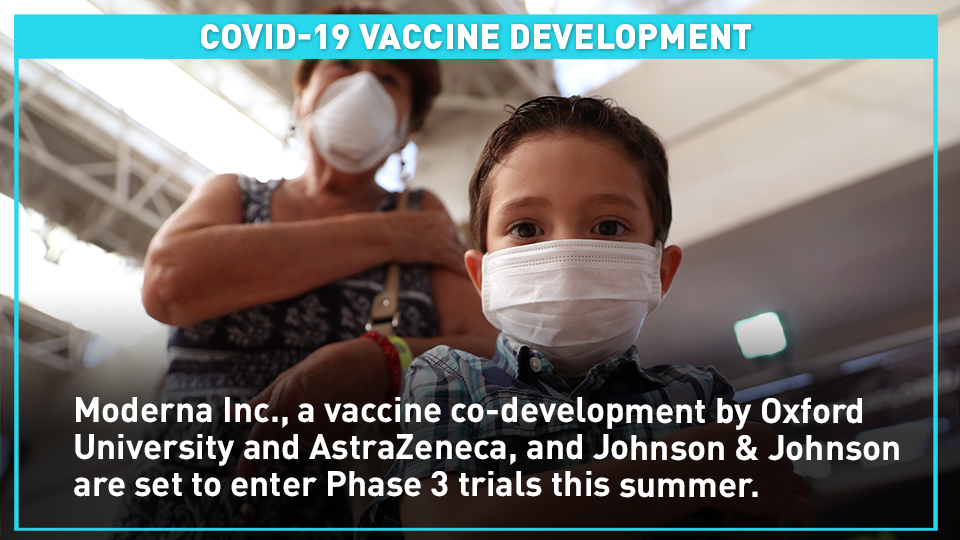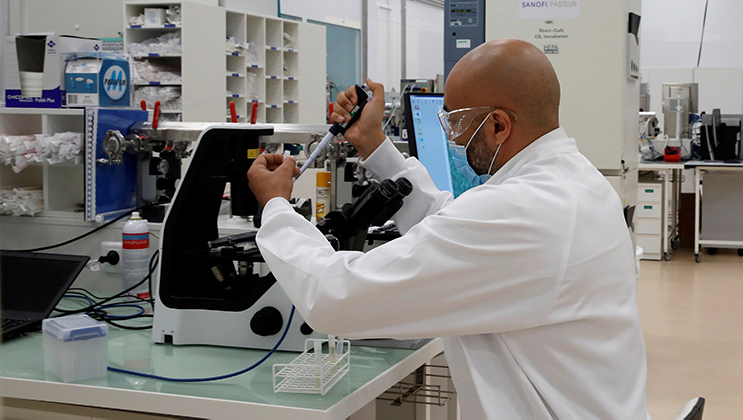Several months into the COVID-19 pandemic, are we any closer to a vaccine?
With confirmed coronavirus cases now above 10 and-a-half million and more than a half-million deaths, the U.S. government said it aims to deliver 300 million doses of a COVID-19 vaccine by next January under a program it calls Operation Warp Speed. Pharmaceutical and biotech companies around the world are racing to live up to that name.

Gavi, The Vaccine Alliance, reports 17 candidate vaccines in human clinical trials. One of the most advanced in its development process is CoronaVac, a vaccine candidate developed by China's Sinovac Biotech. Sinovac has partnered with Brazil's Instituto Butantan to conduct an advanced Phase III human trial, involving 9,000 volunteers. That trial is scheduled to begin this month.
CoronaVac is an "inactivated" vaccine, meaning its main ingredient - the "antigen" the immune system is supposed to target - is the killed virus.
According to FiercePharma, a website that covers the pharmaceutical industry, CoronaVac is one of five Chinese-developed COVID-19 vaccines now in human clinical trials.
"We all want this to be over," said Tedros Adhanom, head of the World Health Organization, at a briefing in Geneva this week. "But the hard reality is this is not even close to being over. Although many countries have made some progress, globally the pandemic is actually speeding up." he added.

Please click right to read more
Please click right to read more

Please click right to read more
Please click right to read more
On Tuesday, the U.S. Food and Drug Administration issued new rules for companies developing vaccines, saying “While the FDA is committed to help expedite this work, we will not cut corners in our decision making, and we're making clear in our guidance what are the data that we need, that should be submitted, to meet our regulatory standards of approval."
The FDA's new rules state a candidate vaccine must reduce the odds of catching COVID-19 by at least 50% compared to a placebo.
According to The Wall Street Journal, three Western companies are set to have candidate vaccines enter Phase III trials this summer. Moderna Inc. starts in July, a vaccine co-developed by Oxford University and AstraZeneca in August, and one by Johnson & Johnson in September.
The U.S. vaccine front-runner from Moderna has finalized plans for Phase III testing. The company plans to test 30,000 random people with either the potential vaccine or a placebo.

Another U.S. pharma company, Pfizer, released positive results from human trials with four different candidate vaccines.
Pfizer said one of its four vaccines produced neutralizing antibodies in volunteers.
Moderna reported its vaccine candidate also produced neutralizing antibodies, but antibodies may not be enough. Decades of immunological research has shown reliable protection against disease generally requires two types of immune responses - an antibody response, referred to as "humoral," and a second response called "adaptive" or "cell-mediated." A cell-mediated response involves the activation of specialized immune cells that kill a germ, instead of producing antibodies against them.
Washington's top infectious disease expert, Dr. Anthony Fauci, says he is "cautiously optimistic" about a COVID-19 vaccine being ready as early the end of this year or early 2021. The fastest vaccine approved in the United States took four years of development - a Mumps vaccine licensed in 1967.

Please click right to read more
Please click right to read more
China has become the first in the world to authorize the use of an experimental COVID-19 vaccines for use by its military forces.
The experimental vaccine is approved for one year. This will enable the People's LIberation Army (PLA) to vaccinate troops if a major outbreak occurs in the coming year.
Chinese officials say some vaccine candidates could be approved for emergency use to protect high-risk civilians as early as September.
Check out The China Report, our new weekly newsletter. Subscribe here!